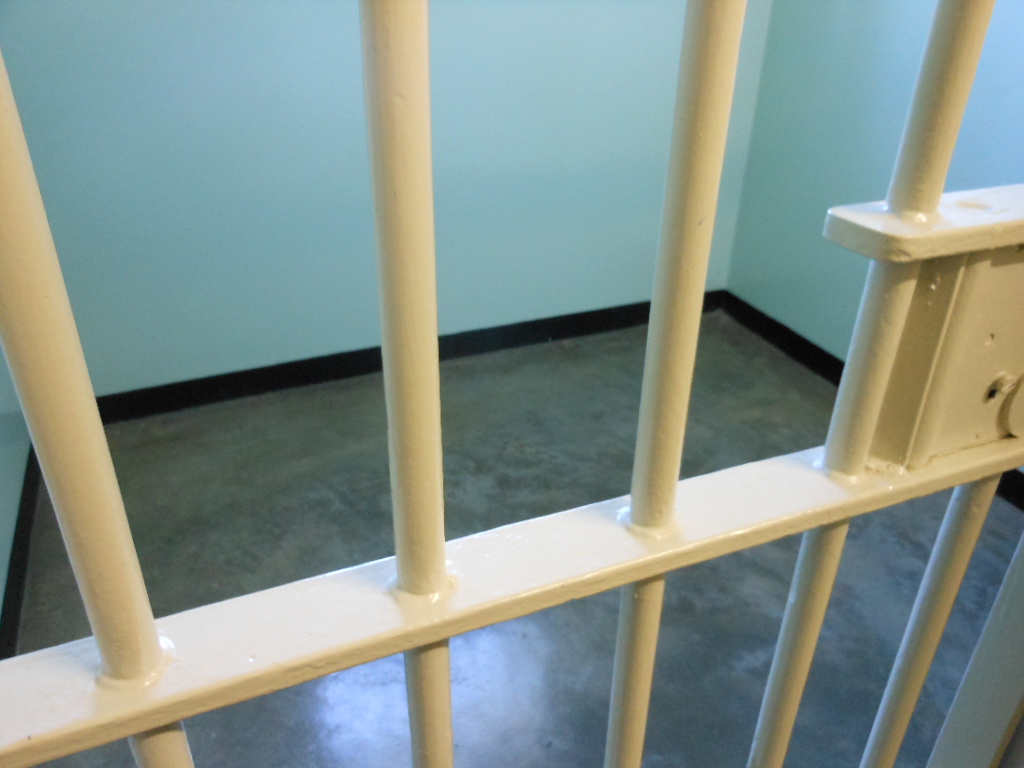ACLU Sues Wisconsin Sheriffs Who Hold People in Jail at ICE’s Request
Civil liberties group wants WI Supreme Court to declare practice illegal.

Michael Coghlan (CC BY-SA 2.0)
The American Civil Liberties Union is suing five Wisconsin sheriffs over their practice of holding people in jail at the request of Immigration and Customs Enforcement.
The group filed a petition with the Wisconsin Supreme Court this week on behalf of the Milwaukee-based immigration rights group Voces de La Frontera.
The petition asks the court to take up the case directly. That’s because Wisconsinites need statewide clarity on the issue, said Hannah Schwarz, an attorney with the ACLU of Wisconsin.
“There’s this really inconsistent patchwork of enforcement affecting the public rights of individuals,” she said.
In the first seven months of this year, ICE sent more than 700 requests to local jails across Wisconsin, asking them to hold someone for an additional 48 hours after that person was set to be released, according to the lawsuit.
Most, but not all, Wisconsin sheriffs are choosing to comply with those requests, which are known as detainers.
But the suit specifically names the sheriffs of Walworth, Kenosha, Brown, Marathon and Sauk counties as defendants because those counties have been among those carrying out the highest numbers of detainers in Wisconsin, Schwarz said.
ACLU argues practice violates Wisconsin law
Detainers are based on administrative warrants, which are often signed by immigration officials with the Department of Homeland Security. If detainers are honored, someone could end up staying in jail even after they post their bond or after criminal charges against them are dropped.
The goal of detainers is to give immigration agents more time to pick someone up if that person is suspected of being in the country illegally.
But the ACLU contends those requests do not give jails the legal authority to keep holding someone after that person was supposed to be let out.
“ICE calls these warrants,” Schwarz said, describing the documents that lead to immigration detainers. “We do not consider them warrants. Under Wisconsin state law, a warrant is something issued by a court or a judge. That is not happening here.”
The ACLU argues that under Wisconsin law, jailing someone for extra time because of a detainer amounts to a new arrest. According to the ACLU, that arrest needs to be authorized by a judicial warrant, in which a court determines that there is probable cause.
Schwarz argues the current practice of granting detainers doesn’t have enough checks and balances, and it can lead to the wrong people being targeted for deportation.
“In ICE detainer cases, there’s no neutral third party, there’s no judge,” Schwarz said. “That has led to a system where people can get wrongfully caught up in this dragnet.”
Marathon County Sheriff Chad Billeb declined to comment on the lawsuit because it’s a pending legal matter. Other sheriffs named as defendants did not immediately respond to requests for comment.
Earlier this year, Wisconsin’s GOP-controlled Assembly passed a bill that would withhold money from counties that don’t comply with immigration detainers.
Even if it clears the Republican-led Senate, that bill is likely be killed by a veto from Democratic Gov. Tony Evers.
Republican backers have argued the proposal would protect public safety by compelling local authorities to cooperate with federal law enforcement.
Opponents, however, have said such requirements would take away local decision-making. And they’ve said it’s a mistake to treat local cops as an extension of immigration enforcement.
“The unlawful collaboration between local law enforcement and ICE destabilizes communities and erodes trust in law enforcement,” said Christine Neumann-Ortiz, executive director of Voces de la Frontera, in a news release announcing the ACLU’s lawsuit. “(It) has a chilling effect on victims and the vulnerable who might otherwise seek help from the police.”
ACLU sues Wisconsin sheriffs who hold people in jail at ICE’s request was originally published by Wisconsin Public Radio.
If you think stories like this are important, become a member of Urban Milwaukee and help support real, independent journalism. Plus you get some cool added benefits.





















